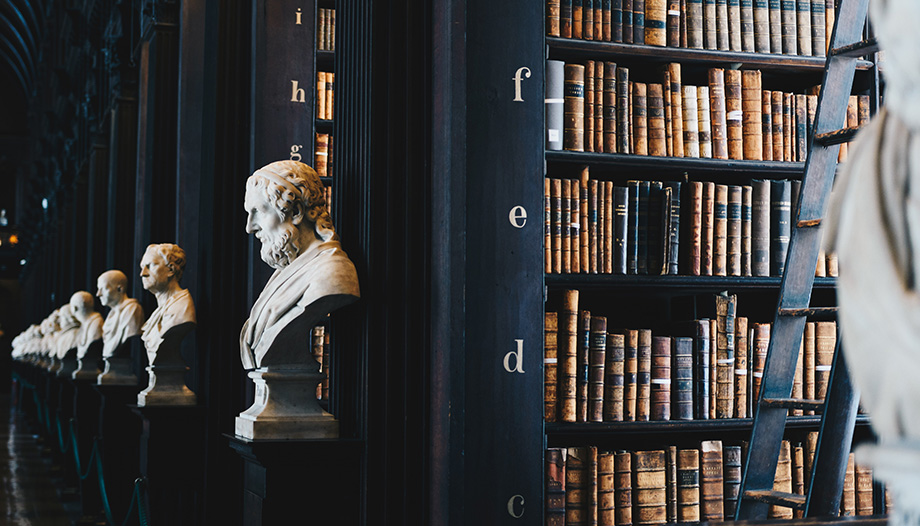Since the 16th century, and even before, the brotherhoods and fraternities have been witnesses and protagonists of the history of their surroundings. This participation has been extensively studied in publications related, more or less directly, to them, to which are added the minutes of the governing boards, in some cases perfectly preserved, which provide detailed information on the brotherhood and the uses, customs and events of the time. This abundant material has been increased in recent years, both in research projects, such as manuals, monographs, academic articles, final degree projects, etc.
It would be interesting to make, perhaps it has been done and I do not know it, a meta-analysis to check what are the topics covered in these works and the statistical weight of each one. If I had to venture results of this hypothetical research work, I would dare to say that the most treated topics would be: history of the brotherhoods, art, society, anthropology, relations with the political and ecclesiastical power, welfare work and little else.
But there is a topic that I have not seen in the bibliography consulted: the role of the brotherhoods in the history of contemporary ideas, their influence on the history of thought. Faced with this, the first consideration is whether they should really have a role or whether they should be encapsulated, protected from the environment by being placed in a safety hood that prevents their contamination by the different currents of thought.
The history of ideas from the 16th century onwards is exciting. The passage from the Middle Ages to the Modern Age, from the Old to the New Regime, was marked by the recognition of the autonomy of the temporal and the universal dignity of the person as the image of God. In those years, in addition to their activities of worship and social assistance, the brotherhoods also took on a catechetical role, a plastic catechesis, as a counterpoint to the Reformation.
This is neither the time nor the place to make even a brief synthesis of the history of contemporary ideas. Broadly speaking, we could outline a chronological relationship, starting with the Enlightenment, which places scientific reason at the center of its worldview, passing through liberalism, which revolves around an individualistic conception of human nature, and Marxism, which prioritizes the collective over the individual and proposes a dialectical vision of history.
The 20th century began with nihilism or radical skepticism in the face of the impossibility, they say, of knowing the truth, which gave way to existentialism, in its various variants, centered on the person and his immediate experience, with no other horizon.
Many thinkers identify the events of May 1968 as the moment when the cultural and anthropological crisis that had been dragging on after World War II led to a permissive society, which put an end to the previous systems.
From absolute relativism, it replaces them with social movements: sexual revolution, radical feminism, social movement, etc. transecology as an ideology, review of history, culture woke, metaverses and a long etcetera.
Throughout this time, the Church has been ceaselessly active, identifying and correcting deviations and proposing models in accord with human nature and Revelation. The Second Vatican Council is the Church's global response to these challenges and defines the role of the faithful in society.
What about the sororities: have they remained on the fringes of the history of contemporary ideas, locked in a laboratory bell? Have they been affected by the currents of thought of each era or have they remained on the sidelines? Is it part of their mission to participate in this debate?
The decision is not optional. The current globalism tends to erase identity or cultural differences, that is why the brotherhoods have to reinforce their own identity in order not to be devastated. It is important that the brotherhoods, as the backbone of civil society, actively participate in the foundation of models of thought in accordance with human dignity and with the mission of the Church they serve. Not necessarily in a corporate way, but by encouraging the participation of their most capable brothers and sisters to enter into this permanent debate. The contribution of these friars, individually or in groups, is important. think tanksin this exciting task.
D. in Business Administration. Director of the Instituto de Investigación Aplicada a la Pyme. Eldest Brother (2017-2020) of the Brotherhood of the Soledad de San Lorenzo, in Seville. He has published several books, monographs and articles on brotherhoods.









